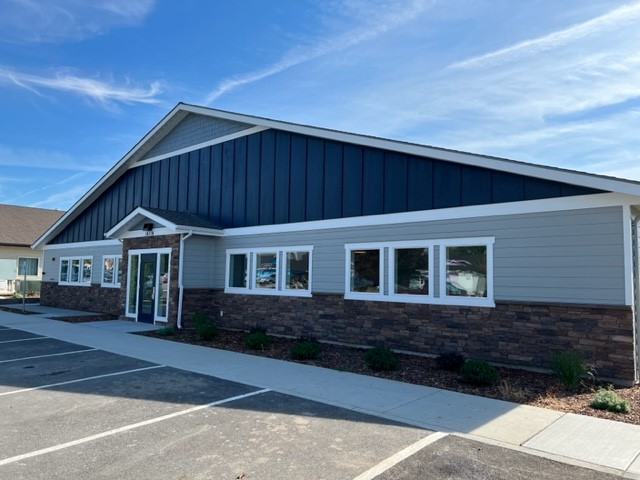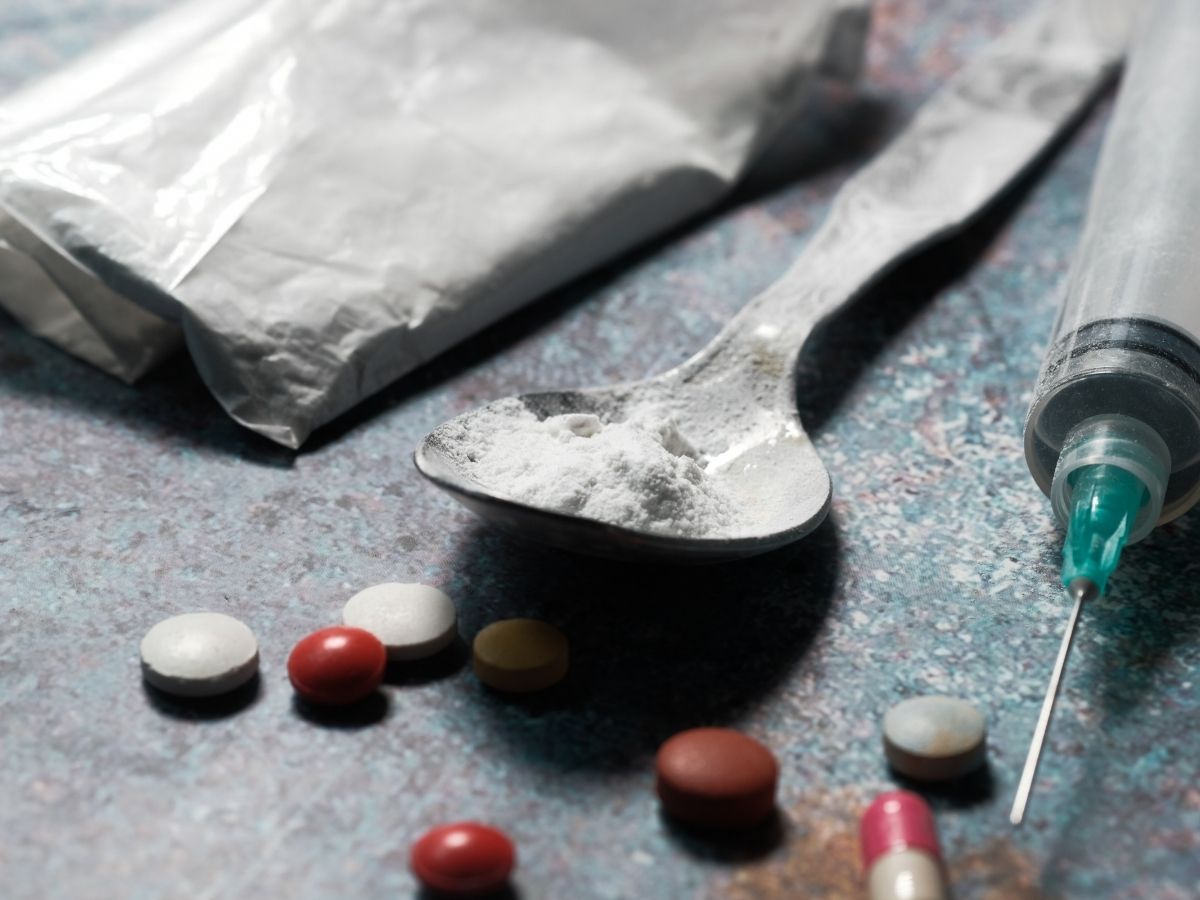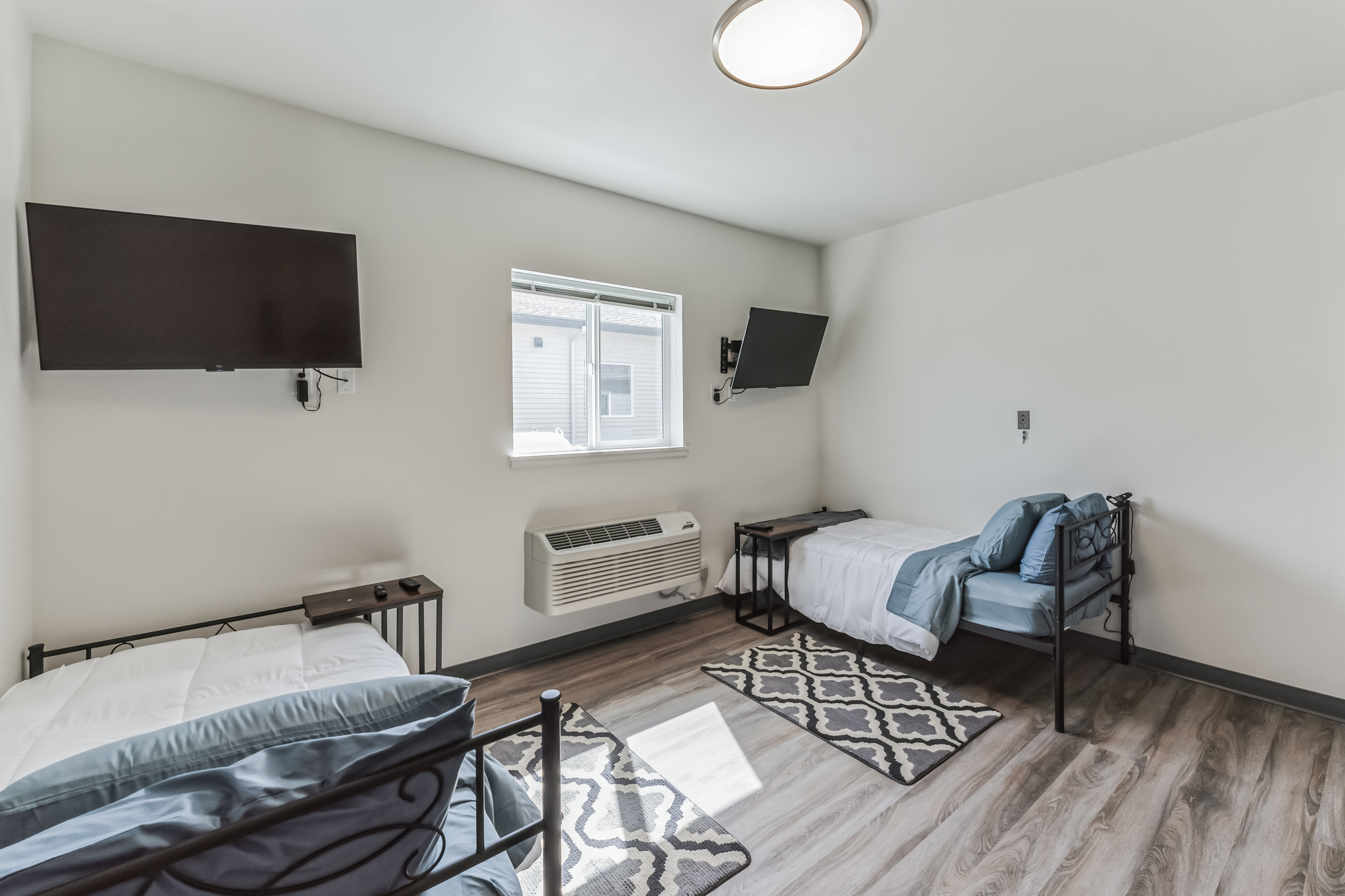
If you or someone you love is struggling with opiate addiction, you’re one of many Americans. Addiction to opioids gets out of hand quickly, but it can be overcome with adequate care and help. Today, we guide you through what opiate addiction is, why it’s so hard to break free, and how you can find hope and healing through effective treatment programs.
Skip To
Table of Contents
What Is Opiate Addiction?
Opiate addiction, also known as opioid use disorder (OUD), is a medical condition where one becomes physically and psychologically dependent on prescription opioids or illicit opioid drugs, like heroin. These substances are often initially prescribed as pain relievers for chronic pain or injuries.
It is easy to become hooked as they alter the brain’s chemistry, impacting opioid receptors in the brain. This makes it extremely difficult to stop using them. The effects of opioids are powerful, offering pain relief but also creating a sense of euphoria that can lead to misuse.
The problem of addiction does not occur overnight. It usually begins with a valid prescription of the drugs such as oxycodone, hydrocodone, or morphine. Over time, the body craves a higher dose to achieve the same effect, pulling you into a cycle of dependency. That is referred to as tolerance, and it is another factor that makes opiates so addictive.
End the Emotional Pain. Get Your Life Back.
Feeling Depressed, Anxious or Struggling with Mental Health Illness? Get Safe Comfortable Mental Health Dual Diagnosis High-Quality Therapy From Counselors That Care. Begin Your Recovery Now.
Hotline: (509) 348-4077

Why Are Opiates So Addictive?
Opiates attack your reward center, which is your brain, and they make you release a chemical called dopamine, which makes you feel good. This high may reprogram your brain so that it will consider the drug more important than family, work, and even health.
That is why it is hard to break away:
- Physical dependence: Your body gets accustomed to the drug such that when you attempt to stop using the drug, certain withdrawal symptoms are experienced, like nausea, body pains, and anxiety.
- Psychological dependence: Opioids can impact moods, stress, and cause euphoria, creating a mental dependence in users.
- Tolerance: Needing more of the opioid drug to feel the same effects increases the risk of opioid overdose, which can slow breathing and become life-threatening.
Recognizing the Signs of Opiate Addiction
You may ask whether or not you or your loved one has gone beyond regular use into opioid abuse. Sometimes it is hard to tell but the most common signs of opioid addiction include the following.
- Using the drug with an increased dosage or without a prescription at all.
- A sense of helplessness, such as you cannot reduce or quit, despite a desire to do so.
- Disregarding tasks in the place of work, school, or home.
- Getting withdrawal effects in between uses.
- Spending a lot of time obtaining the drug, using it, or recuperating from its effects.
When these ring true, it is time to get some help. Addiction is a health issue, not an issue of self-control or morals. Anyone can have an addiction. Most of the time, only professional treatment can make a difference.
Get Help. Get Better. Get Your Life Back.
Searching for Accredited Dual Diagnosis Mental Health Centers Near You?
Even if therapy failed previously, or are in the middle of a difficult crisis, we stand ready to support you. Our trusted behavioral health specialists will not give up on you. When you feel ready or just want someone to speak to about counseling alternatives to change your life call us. Even if we cannot assist you, we will lead you to wherever you can get support. There is no obligation. Call our hotline today.
FREE 24/7 Dual Diagnosis Mental Health Services HotlineThe Dangers of Untreated Opiate Addiction
Downplaying the opioid addiction may lead to serious effects. Beyond the risk of overdose, long-term use impacts your physical and mental health. The overdoses led to over 70,000 deaths in the U.S. in 2021 alone.
- Health complications: Slowed breathing, heart issues, and weakened immune systems.
- Mental health struggles: Increased anxiety, depression, or mood swings.
- Social and financial pressure: Broken relationships, lack of employment or legal problems.
However, there is hope and there is help. With the right treatment program, you can reclaim your life.

Finding Effective Opiate Addiction Rehabilitation
The path to recovery begins by creating an effective treatment plan based on your needs. At our facility, we focus on treating opioid use disorder with a blend of medical care, behavioral therapy and emotional support. Here’s what you can expect from a quality opiate addiction rehabilitation program.
- Medical detox: Opioid withdrawal symptoms are managed by supervised medical care, minimizing the side effects experienced and their risks.
- Medications for opioid use disorder: FDA-approved drugs, such as methadone, buprenorphine, or naltrexone, work to curb withdrawal symptoms and cravings and support a stable recovery.
- Behavioral therapy: Therapies like cognitive-behavioral therapy (CBT) guide you in tackling underlying issues, such as stress or trauma, that fuel addiction.
- Support groups: This brings a feeling of community and responsibility as one associates with other recovering people.
- Holistic care: Addressing mental health, nutrition, and lifestyle changes to support long-term healing.
All of these aspects are organized to benefit you and restore your overall health, confidence, and strength.
Comfortable Facilities & Amenities
High-Quality Mental Health Services & Behaviroal Health Substance Abuse Treatment
Rehab Centers TourRenowned Mental Health Centers. Serene Private Facilities. Inpatient Rehab Programs Vary.
Mental Health Helpline: (509) 348-4077Proven recovery success experience, backed by a Team w/ History of:
15+
Years of Unified Experience
100s
5-Star Reviews Across Our Centers
10K
Recovery Success Stories Across Our Network
- Low Patient to Therapist Ratio
- Comprehensive Dual-Diagnosis Treatment
- Complimentary Family & Alumni Programs
- Coaching, Recovery & Development Events
- Comfortable Onsite Medical Detox Center
Why Choose Treatment in Spokane Valley, Washington?
When you are in Spokane Valley or the surrounding communities, it is possible to receive treatment locally. We have a compassionate setting where customized care is offered to every patient at our facility, as we support you every step of the way. We are aware of the peculiarities of the addiction problem and offer a good environment in which to recover.

FAQs About Opiate Addiction Treatment
-
Where in Spokane Valley, Washington, can you find treatment for opiate addiction?
In Spokane Valley, we have a treatment facility with programs that include detoxification, therapy, and aftercare. Call us anytime to discuss how we can help you or a loved one personally.
-
Where in Coeur d’Alene, Idaho, can you find treatment for opiate addiction?
Coeur d’Alene is just a short drive from Spokane and We Level Up Washington where you can receive behavioral health care help.
-
What should I look for in a treatment program near Spokane?
Choose a program like We Level Up Washington with licensed professionals, evidence-based treatments like behavioral therapy, that focuses on both physical and mental health. The most important aspect is individualized care.
-
How do I know if I need residential or outpatient treatment?
Outpatient care is best suited to people with milder symptoms and a high degree of home support, whereas severe addiction or the need for intensive help are best treated in residential programs. A professional assessment can guide them.
World-class, Accredited, 5-Star Reviewed, Effective Mental Health Dual Diagnosis Programs. Complete Integrated Inpatient Rehab with Free Post Discharge Therapy Planning.
Hotline: (509) 348-4077End the Emotional Pain Rollercoaster. Gain Stability & Happiness Through Recovery Treatment. Start Mental Health Counseling Today. Get Free No-obligation Guidance by Behaviroal Health Specialists Who Understand Mental Health Recovery.
Summary
Call today to speak with our team and learn more about our programs. We Level Up Washington: (509) 348-4077. Your next step starts here.





